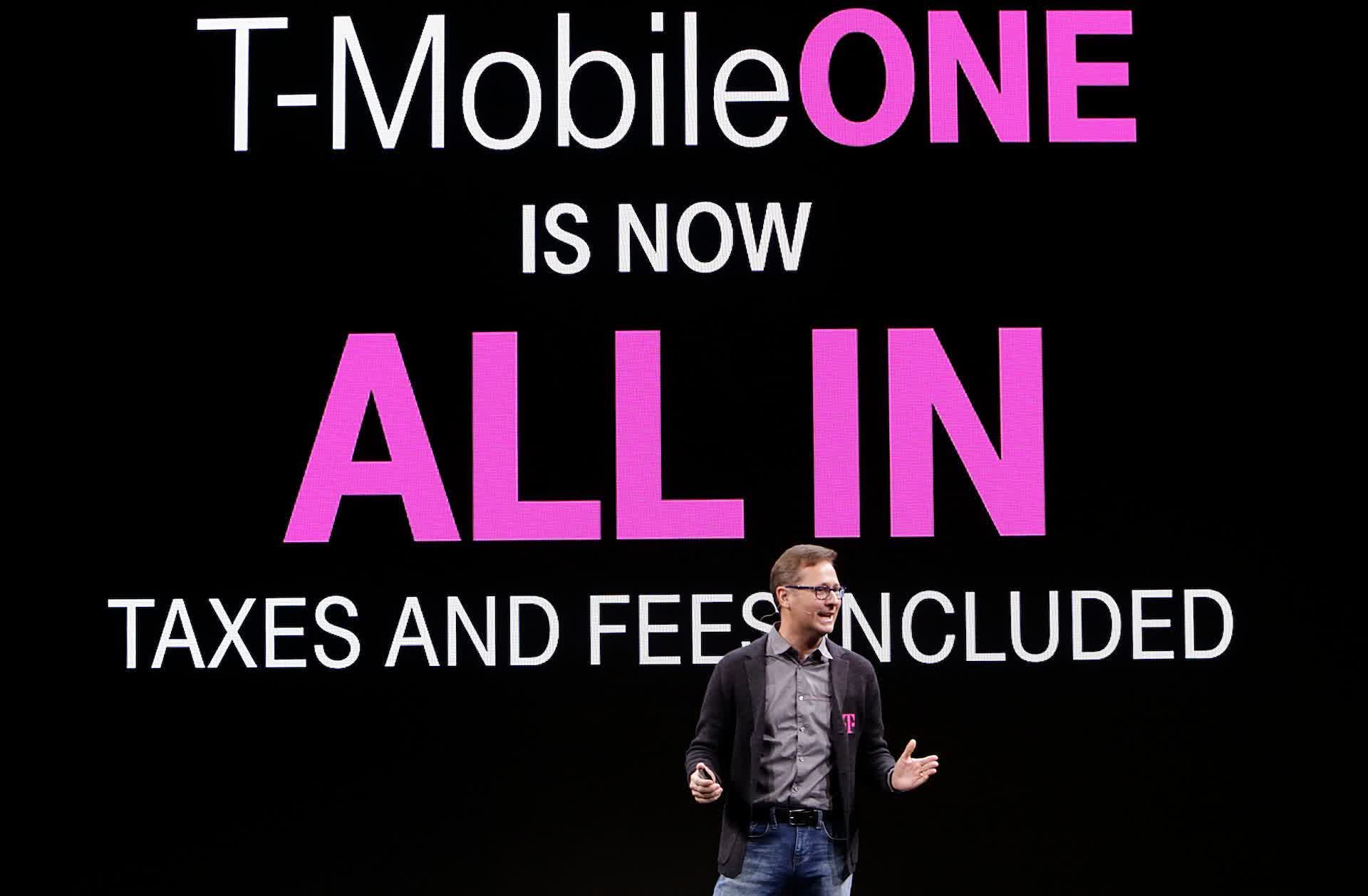In context: Consumers getting burned by surprise clauses in the fineprint of the legal agreements they enter into has almost become a cliché in the Internet Age. Very few prople thoroughly read terms of service documents. The instant gratification of hitting that "agree" button outweighs the burden of reading a contract that rivels a novel in word count.
Less than two weeks ago, T-Mobile announced across-the-board price hikes. The Mobile Report noted that most customers would see monthly increases of $2 to $5 per line. The new rates reportedly did not apply to "price-locked" plans. However, there is some confusion regarding how T-Mobile defines price-locked.
Did anyone else get the following letter from T-Mobile because they filed an FCC complaint?
byu/mjsztainbok intmobile
Some long-time T-Mobile One customers have found that their supposedly price-locked plans are getting hit by the rate hike. One Redditor who filed a complaint with the FCC regarding the increase received a letter from the Un-carrier explaining that the terms of his contract stipulate that if T-Mobile raised his rates, he was entitled to the company covering his last month's bill providing he canceled service within 60 days of the increase. However, this is far from what T-Mobile led him and other One customers to believe.
As part of former CEO John Legere's 2017 Un-carrier campaign, T-Mobile promised to lock prices for those on the T-Mobile One contract. The press release's wording was unambiguous and explicitly states that rates would only increase if the customer switched plans.
New Rule: Only YOU Should Have the Power to Change What You Pay – Introducing Un-contract for T-Mobile One
Today, T-Mobile introduced the Un-contract for T-Mobile One – and notched another industry first with the first-ever price guarantee on an unlimited 4G LTE plan. With the Un-contract, T-Mobile signs, and customers hold all the power. Now, T-Mobile One customers keep their price until THEY decide to change it. T-Mobile will never [emphasis mine] change the price you pay for your T-Mobile One plan. When you sign up for T-Mobile One, only YOU have the power to change the price you pay.
There isn't even fine print in the release stating the conditions that T-Mobile mentions in its letter. However, using the Wayback Machine reveals a long-deleted T-Mobile One FAQ describing the caveat.
Furthermore, customers on Simple Choice plans dating back to 2015 were also made the same guarntee, but no evidence regarding the loophole exists going back that far. The only accounts that appear unaffected by the rate hikes are those from the most recent "Price Lock" promotion, which started in 2022 and was discontinued in 2024.
From T-Mobile's FCC complaint response:
As for customers with concerns about T-Mobile's Price Lock guarantee, it is important to note that customers with Price Lock are not impacted by the change. On April 28, 2022, T-Mobile began offering Price Lock on new account activations on qualifying rate plans. For customers who activated on a qualifying plan between April 28, 2022 and January 17, 2024, Price Lock guarantees that accounts activated with a qualifying rate plan, within the enrollment period, would not be subject to a price increase, so long as the account remained in good standing and the customer remained on the qualifying rate plan.
T-Mobile's letter distinguishes between the terms "Un-contract" – the verbiage used in the 2015 and 2017 promotions – and "Price Lock," used in the 2022 marketing campaign. The company claims that the loophole existed in the older versions but not the latest.
Furthermore, a customer on the T-Mobile forum points out that the terms and conditions of their One plan have no language regarding T-Mobile waiving the final bill on cancellation if it raises rates. The suggested loophole only exists in a FAQ that is no longer available without digging through archived webpages – not very transparent.
Related Reading: FCC slaps top telecom companies with $200 million in fines for selling user location data
The fiasco has "bait-and-switch" written all over it, but the problem is not unique to T-Mobile. Many companies are prone to lying by omission in their marketing materials while burying loopholes in the tens of thousands of words of legal fine print. That said, regulators have recently been coming down on deceptive marketing practices.
In March, the FCC finally banned the "hidden fee scam" cable providers have used to keep advertised prices lower than they inevitably are. Comcast and other Big Cable companies rallied lobbyists to block the new rules that would hold them responsible for clarifying billing charges in their marketing efforts. However, the FCC still voted to approve the new regulations.

